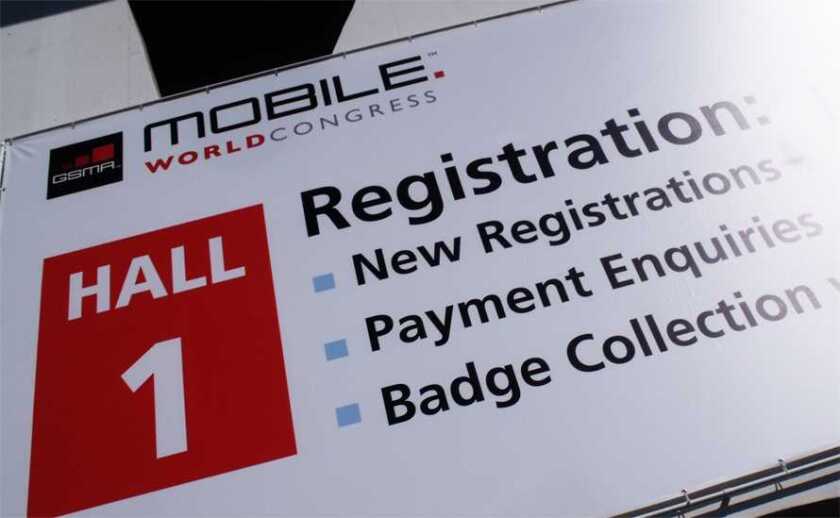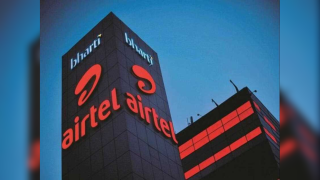The US Department of Commerce last week added Huawei to its entity list, a list of companies (PDF here) that US-based people and organisations are forbidden from doing business with.
Now trade organisations such as the Broadband Forum, the GSMA and the TM Forum – all of which organise commercial events – are taking advice on whether the regulations apply to them.
All three of these, though they are international in scope, operate legally via companies registered in the US – in the states of California, Georgia and New Jersey respectively – and they employ US citizens as well as foreigners legally working in the US.
The situation is most urgent for the GSMA, which is holding MWC Shanghai in China next month. Huawei will be a prominent exhibitor at that event, as it always has been at the GSMA’s biggest event, MWC Barcelona, held every February.
A GSMA executive told Capacity last night: “This is obviously a new development and we are trying to understand the implications. The entity list designation appears to apply to the transfer of technology and does not, to our understanding, apply to public conferences.”
The DoC itself says that US companies and people can do some business with listed entities. However it "recommends that US companies proceed with caution with respect to such transactions” and tells companies that all transactions carry a "red flag".
Capacity’s reading of the frequently asked questions attached to the entity list is not as clear as that. The notes say a lot about academic conferences – which are on the whole permitted (PDF here) – but there was nothing that we could find about commercial events facilitated by trade associations at which exhibitors, speakers and delegates discuss technology as well as negotiate and sign contracts.
But the GSMA is talking to its lawyers, the executive told us.
Another executive, speaking on behalf of the TM Forum, admitted the entity list rules are “unclear if you are an event organiser or a trade association”.
The TM Forum, which focuses on IT systems for telecoms, held its biggest annual event last week in Nice, at which Huawei took part. But senior executives of the Forum itself were unavailable just a few days after the event.
Another group, the Broadband Forum, was unable to respond immediately. Its next event is in Seoul in June, a few days before MWC Shanghai.
Capacity also contacted the Linux Foundation, legally based in the US state of Oregon, and its affiliate, the Open Network Automation Platform (ONAP), which works via a Delaware company; and we contacted MEF, the former Metro Ethernet Forum. Huawei is active in all three.
None of these organisations has yet been able to respond officially to Capacity – but, like others, they are likely asking their lawyers to work out the implications of the DoC ruling.
The entity list itself is run by the DoC’s Bureau of Industry and Security (BIS), which “is committed to preventing US-origin items from supporting Weapons of Mass Destruction (WMD) projects, terrorism, or destabilizing military modernization programs”. Its “mission is to advance US national security and foreign policy objectives by ensuring an effective export control and treaty compliance system and promoting continued US strategic technology leadership”.






